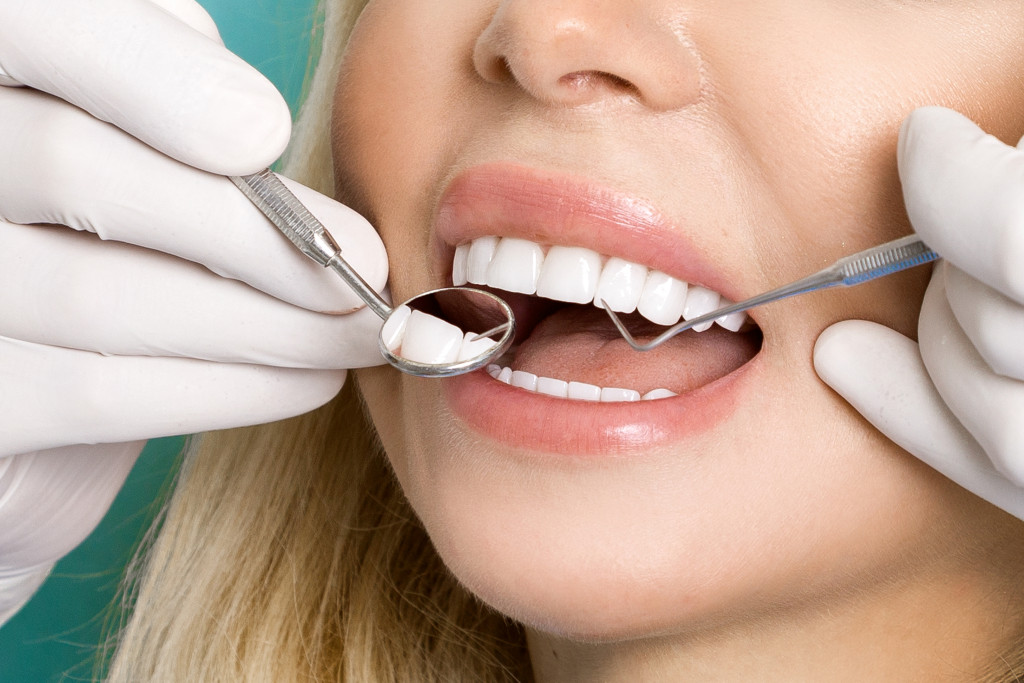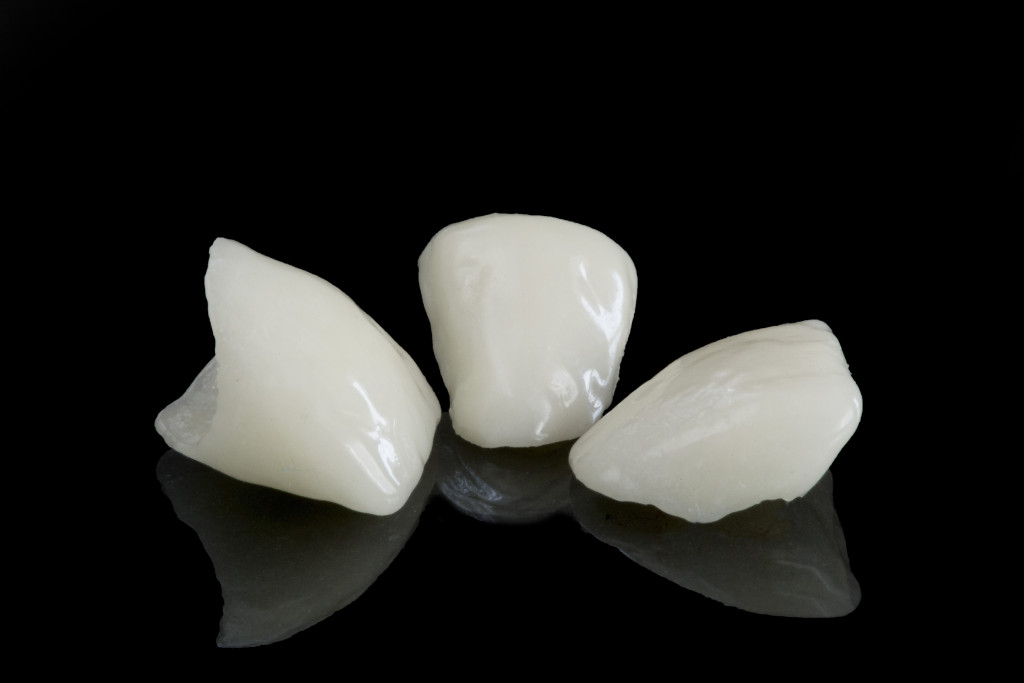- Edentulism, the loss of all-natural teeth, is caused by gum disease, trauma, decay, genetics, and age.
- The condition disrupts chewing and speaking, affects facial aesthetics, and can lead to social isolation.
- Preventive measures include replacing missing teeth, maintaining good oral hygiene, and avoiding sugary foods.
- Smoking increases the risk of gum disease, a leading cause of tooth loss; therefore, quitting is beneficial.
- Despite being a health concern, edentulism is preventable, and professional dental advice can help manage the condition.
Edentulism, or missing teeth, can significantly impact your overall health and well-being. Not only can it affect your ability to eat, but it can also lead to poor self-esteem and even social isolation. Understanding the reasons behind edentulism is the first step in protecting your teeth and ensuring a healthy smile for years.
What is Edentulism?
Edentulism is when one loses all their natural teeth, either in the upper, lower, or both dental arches. The causes range from severe tooth decay and gum disease to injuries or cancer treatments. The condition can significantly impact an individual’s ability to chew and speak correctly, affecting nutrient intake and social interactions. Furthermore, edentulism can alter facial aesthetics, as the lack of teeth can lead to the sagging of facial muscles, making one appear older. Here are some common reasons for it:
1. Gum Disease
Gum disease, also known as periodontitis, is one of the leading causes of tooth loss. It occurs when plaque and bacteria build up around the gums, causing inflammation and eventually destroying the bone and tissue supporting the teeth.

2. Trauma
Any form of trauma to the mouth or face, such as a sports injury or car accident, can result in tooth loss. To protect your teeth and prevent traumatic injuries, it is essential to wear protective gear when engaging in high-contact sports and always to use your seatbelt when driving.
3. Tooth Decay
Tooth decay, also known as cavities, can weaken the tooth’s structure and eventually lead to tooth loss. To prevent tooth decay, it is essential to brush and floss regularly, avoid sugary and acidic foods and drinks, and visit your dentist for regular cleanings and check-ups.
4. Genetics
Unfortunately, some people are more susceptible to tooth loss due to genetics. Some hereditary conditions can cause abnormalities in the teeth and jaw, leading to tooth loss later in life. If you have a family history of tooth loss, it is essential to maintain good oral hygiene practices and visit your dentist regularly for check-ups and preventative care.
5. Age
Lastly, age is also a factor in tooth loss. As people age, teeth naturally deteriorate and become more vulnerable to decay and damage. However, with proper oral hygiene and regular dental check-ups, it is possible to maintain healthy teeth and prevent edentulism.
Preventing Edentulism
There are various ways to prevent edentulism. Here are four ways to do that:

Replace Missing Teeth
One of the leading reasons why people have edentulism is viral infections. The gaps in your teeth can be a breeding ground for bacteria, leading to further tooth decay. Replacing your missing teeth with either dentures or implants can help prevent this from happening. Both treatments are available in your local tooth replacement service. They can also check for any more complications in your oral health and provide you with the best solution.
Practice Good Oral Hygiene
Good oral hygiene is essential for keeping your teeth healthy and preventing edentulism. This includes brushing twice daily, flossing regularly, using mouthwash to help remove bacteria, and visiting your dentist for regular check-ups. Prevention is always better than cure, and this is especially true for oral health.
Avoid Sugary Foods and Drinks
Sugar feeds bacteria, leading to tooth decay and gum disease over time. To prevent tooth loss, limiting your intake of sugary foods and drinks such as candy, soda, and cake is best. Opt instead for healthier alternatives like fruits, vegetables, and whole grains.
Quit Smoking
Smoking can significantly increase your risk of gum disease, leading to tooth loss. Quitting smoking is one of the best steps to protect your teeth and prevent edentulism. Speak with your doctor or dentist for help quitting smoking and improving your oral health.
Edentulism is a significant health concern that can profoundly affect a person’s quality of life. However, it is preventable with effective oral hygiene practices, making the right dietary choices, replacing missing teeth promptly, and quitting habits like smoking. If you’re at risk for edentulism or already experiencing it, seek the advice of a dental professional – it’s never too late to take steps towards a healthier mouth and a brighter, more confident smile.



















